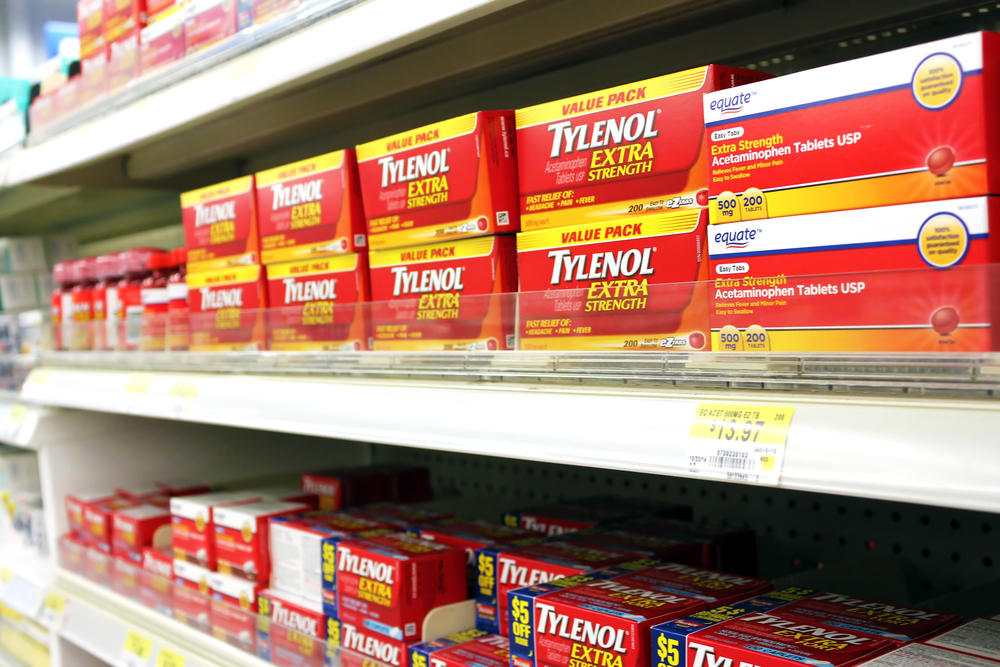
PHILADELPHIA — A subsidiary of Johnson & Johnson pleaded guilty Tuesday to a federal criminal charge that it sold over-the-counter infant’s and children’s liquid medicine containing metal particles.
McNeil Consumer Healthcare, of Fort Washington, Pennsylvania, acknowledged failing to take corrective action after discovering the adulterated bottles of Infants’ and Children’s Tylenol and Children’s Motrin. The company agreed to pay $25 million to resolve the case.
Metal particles, including nickel, iron and chromium, were introduced during the manufacturing process at McNeil’s plant in Fort Washington. Prosecutors said McNeil knew about the problem for nearly a year but failed to take immediate steps to fix it.
The company and prosecutors said in court Tuesday that no one was injured.
“McNeil’s failure to comply with current good manufacturing practices is seriously troubling,” Acting Assistant Attorney General Mizer said in a statement after the judge accepted McNeil’s plea.
“The Department of Justice will continue to be aggressive in pursuing and punishing companies such as McNeil that disregard a process designed to assure quality medicines, especially OTC drugs for infants and children,” he said.
McNeil is a unit of Johnson & Johnson. The New Brunswick, New Jersey, health care giant has struggled with scores of product recalls since 2009.
In this case, McNeil first learned of the particle problem in May 2009, when a consumer complained about black specks inside a bottle of Infants’ Tylenol, according to court documents. McNeil subsequently found metal particles during production but continued making the liquid medicines for several more months.
“There were investigative steps taken, but not all of the steps required under all of our internal operating procedures,” company attorney Michael Schwartz told The Associated Press on Tuesday.
McNeill eventually traced the problem to the machinery at its plant in Fort Washington and issued a recall. The Food and Drug Administration said the potential for serious medical problems was remote but advised consumers to stop using the medicine.
The suburban Philadelphia plant – which was linked to several recalls of Tylenol and other nonprescription drugs for children and adults – was shuttered in April 2010 and rebuilt from the ground up, but it has yet to reopen.
The company is operating under an agreement with the FDA requiring increased inspections and oversight at its factories.
McNeil said Tuesday it has significantly improved its procedures.
“McNeil has been implementing enhanced quality and oversight standards across its entire business to ensure we are best able to meet our commitment to consumers, patients and doctors who rely on our products,” company spokeswoman Carol Goodrich said.
AP Business Writer Linda A. Johnson in Trenton, N.J., contributed to this report.